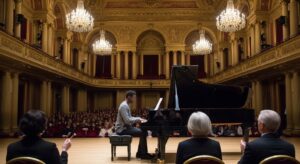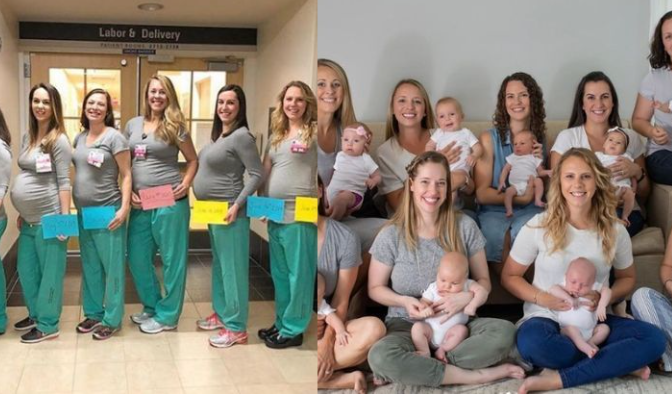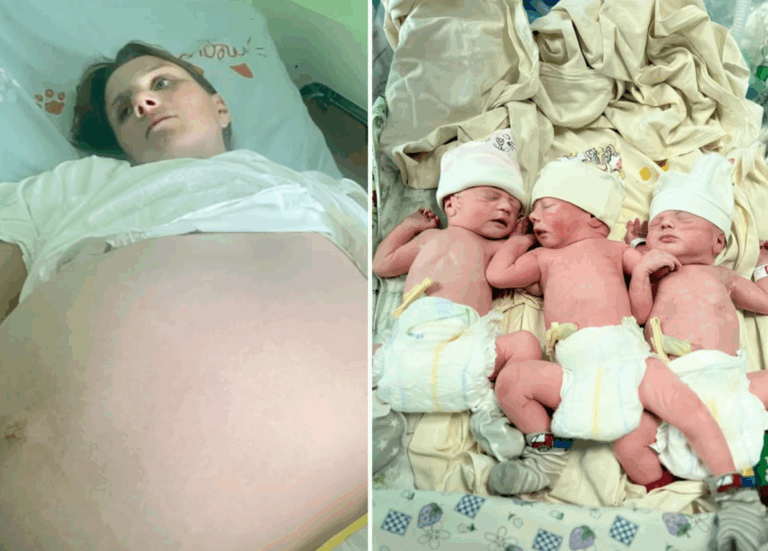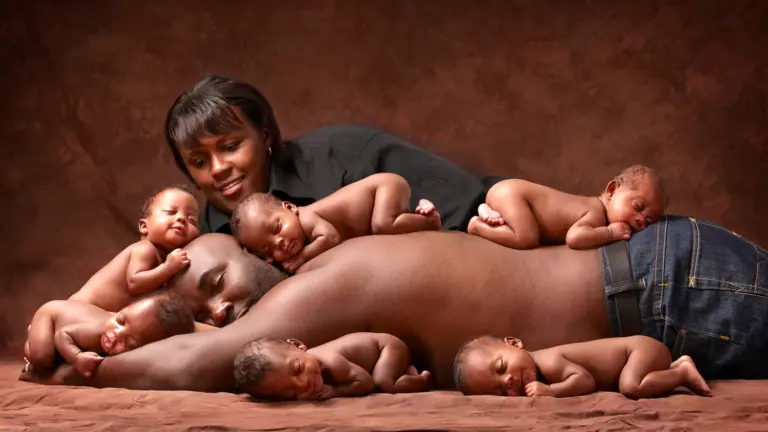Willow Creek Conservatory, a temple of music with marble halls and ivy-covered walls, thrummed with the pulse of violins and pianos. In Studio 12, Marcus Evans, a 20-year-old Black sophomore, played Chopin’s Nocturne in E-flat Major on a Steinway grand, his frayed navy sweater a badge of his journey from a south side community center. His fingers wove longing and triumph, his grandmother’s voice—Play your truth, Marcus—a melody in his heart. But beyond the glass door, whispers cut like knives. Ethan Caldwell, a smug violinist, sneered with his clique, Sophie Grant and Liam Harper. “Diversity ticket,” Ethan mocked, Sophie’s ponytail bouncing, Liam’s glasses glinting. Their disdain was a shadow Marcus couldn’t escape, his brilliance a flame they refused to see.
The National Harmony Gala, a televised stage for music’s elite, was Marcus’s chance to shine. But Professor Eleanor Whitaker, a cold piano instructor, favored Liam, her feedback to Marcus vague: Refine your touch. When he demanded equal time, her response stung. “The gala demands… the right image,” she said, her eyes flicking to Ethan’s smirk. Marcus’s heart burned, his grandmother’s sacrifices—night shifts cleaning offices to buy his keyboard—fueling his resolve. The dean’s voice crackled: Auditions tomorrow at 9 a.m. Marcus saw his name penciled in for the earliest slot, Eleanor’s sabotage clear, but his keys were ready to strike.

The recital hall buzzed, chandeliers casting gold on velvet seats. Marcus, backstage, clutched his score sheets, his 9 a.m. slot a hurdle, his Nocturne a weapon. Ethan, Sophie, and Liam whispered—He’s screwed—their privilege a wall. Eleanor sat with judges Dr. Richard Holt and Ms. Clara Nguyen, her bias a shadow. Marcus stepped to the Steinway, his sneakers scuffing, his voice steady. “Chopin’s Nocturne in E-flat Major.” His fingers danced, notes soaring, soft as a whisper, bold as a cry. The hall fell silent, students filming, Clara’s pen circling his name, Richard nodding. Eleanor’s face was stone.
Despite his triumph, the judges chose Liam, Eleanor’s voice sharp: “He fits the gala’s tradition.” Gasps rose—Marcus was robbed!—Ethan clapping, Sophie laughing, Liam smirking. Marcus slipped out, the marble halls cold, his dream of the gala—a scholarship, a career—stolen by prejudice. At the conservatory’s entrance, the gala poster mocked him, his reflection a question. Maybe this place isn’t for me, he thought, his grandmother’s voice faint—Your keys will open doors.

Crushed, Marcus searched for new paths, his laptop glowing in his dorm. The École de Musique in Paris offered scholarships for diverse talent. He applied in secret, his audition video—Liszt’s Hungarian Rhapsody No. 2—a blaze of skill, his essay a cry against Willow Creek’s bias. Weeks later, an acceptance arrived: Your talent is extraordinary. Marcus packed his frayed sweater and left, the conservatory’s halls fading, his grandmother’s voice a guide.
Two years later, the Willow Creek Cultural Center hosted the National Music Summit, its auditorium packed. Posters hailed Ivory King, a 22-year-old piano sensation, his identity a mystery. Ethan, Sophie, and Liam sat, their careers stalled, Eleanor’s cardigan worn, Dean Harold Bennett’s suit creased. The curtains parted, and Marcus, now Ivory King, strode out, his black suit sharp, his Rachmaninoff Piano Concerto No. 2 a torrent of passion. The audience roared, Eleanor’s pen froze, Ethan’s violin case slipped, the screen flashing: Marcus Evans, trained at École de Musique. Whispers erupted—They screwed him over!—hashtags like #WillowCreekShame trending.
Harold saw a chance to reclaim prestige, drafting a letter to Marcus. In Paris, Marcus’s assistant, Amara, rebuffed him. “He built his career despite Willow Creek,” she said, her voice icy. Harold, desperate, flew to Paris, meeting Marcus in his penthouse studio. “A guest performance,” Harold pleaded. Marcus’s eyes burned. “You buried me,” he said, recounting Eleanor’s sabotage, Ethan’s taunts. “Tell the world,” he warned. “They’d love to hear how you crushed a Black student.” Harold stammered, “We’ve changed,” but Marcus’s demand was clear: “Ten million dollars, my terms.”
Willow Creek’s recital hall glowed for Marcus’s return, the 10-million-dollar contract signed, its cost a penance. The crowd—donors, critics, students—buzzed. Marcus, in his black suit, spoke: “For every dream that rises above doubt.” His Liszt’s Hungarian Rhapsody No. 2 shook the hall, its fire a rebuke to Eleanor, Ethan, Sophie, and Liam, their faces pale. The audience leapt up, cheering, #KeysOfCourage trending.
Eleanor approached, her voice trembling. “I was wrong,” she said. Ethan, Sophie, and Liam echoed apologies, their instruments heavy. Marcus’s response was firm: “Judge talent, not skin.” Harold promised change—new policies, fair auditions—but Marcus’s words cut: “Change starts with truth.” The hall emptied, students inspired, donors pledging, critics hailing Ivory King. Marcus walked to his car, his grandmother’s voice—Your keys have opened doors—a melody of triumph.
Willow Creek’s chandeliers shone brighter, its halls alive with reform, students vowing to value skill over shade. Marcus, now a global beacon, played on, his keys a symphony of justice, proving courage could rewrite any score, his legacy a chord that resonated beyond prejudice, forever striking truth.





